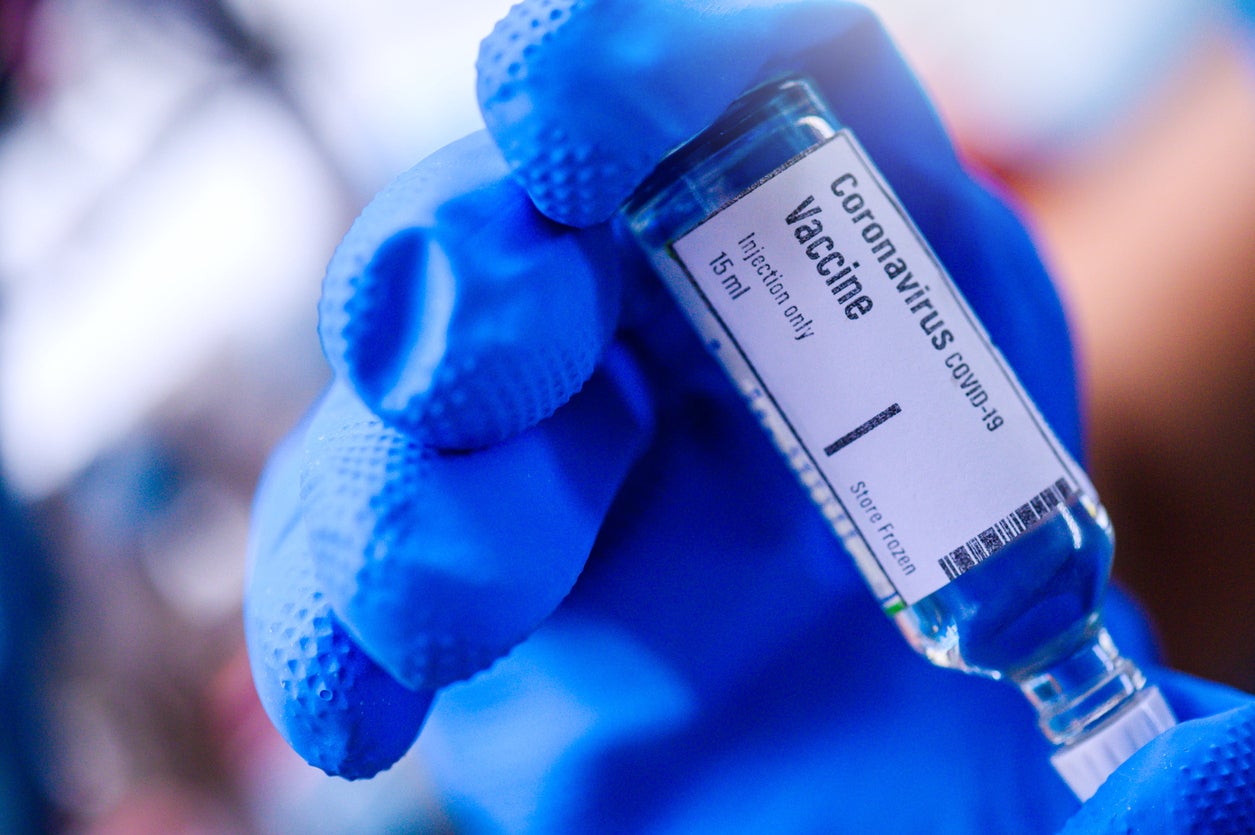Ohio sees vaccination jump after governor announces $1m lottery
Five $1m prizes will be offered to Ohio residents who have received at least one coronavirus vaccine dose

In an effort to convince Ohioans to get their coronavirus vaccines, the state's governor, Mike DeWine, announced anyone who received the shot could enter into a lottery in which five people would win $1m each.
His ploy was met with resistance from state Republicans, who ostensibly opposed the use of state funds on a lottery, even if it was meant to promote vaccinations. However, it appears the scheme worked.
State health officials announced on Monday that more than 25,400 coronavirus vaccine shots were given on Friday, two days after the programme was launched. That was was the highest vaccination day for the state in the last three weeks.
Vaccine participation in residents between the ages of 30 and 74 spiked by six per cent after the programme went online, despite weeks of steadily declining vaccine participants.
"Not only have we achieved our goal of increasing public awareness and interest, but we have slowed what was a consistent decline, and in certain age groups we're seeing an increase again," State Health Director Stephanie McCloud said. "This is doing exactly what we intended it to do."
The governor announced the programme in a Twitter post on 12 May. Ohioans aged 18 and older who have already received at least one dose of a Covid-19 vaccine can enter to win one of five $1m payouts under the initiative.
Winners will be announced on five consecutive Wednesday beginning on 26 May.
Melissa Wervey Arnold, the CEO of the Ohio chapter of the American Academy of Pediatrics, praised the programme for encouraging vaccinations.
"We were really encouraged by those numbers. We have really struggled with that age range [30-74] in the state of Ohio," she told NBC News. "I think it's wonderful that it gave people a second thought."
The programme also includes prizes for younger Ohioans who receive a vaccine dose.
Ohioans ages 12 to 17 who get a shot can enter to win one of five four-year, full-ride scholarships to state colleges or universities, with some consideration given for private institutions.
Mr DeWine's spokesman, Dan Tierney, said the governor believes the programme will be a helpful incentive to keep the vaccination rate trending upwards.
"The governor remains optimistic about the early indicators," Mr Tierney said. "The curve is now trending in the other direction as far as where we were heading. We hope that continues."
While Ohio is not the only state to offer incentives for getting the vaccine, it is the state with the most substantial individual prize.
New York offered free MetroCards for people who received their shots at subway vaccination sites, New Jersey offered free beers, and West Virginia offered people between the ages of 16 and 35 $100 savings bonds if they took the vaccine.
Ohioans can enter the drawing online at the site ohiovaxamillion.com or by calling the state's Health Department.
After an individual enters once, their entry carries through to all subsequent drawings, according to health officials.
The winnings are subject to taxes.
The money for the programme is being pulled from the state's share of federal coronavirus relief funds.
Join our commenting forum
Join thought-provoking conversations, follow other Independent readers and see their replies
Comments